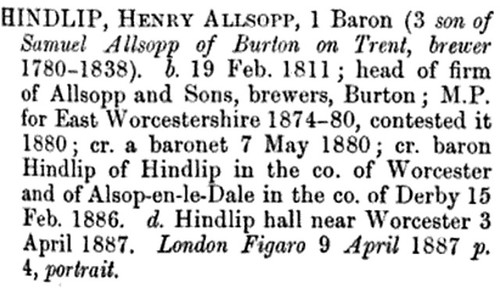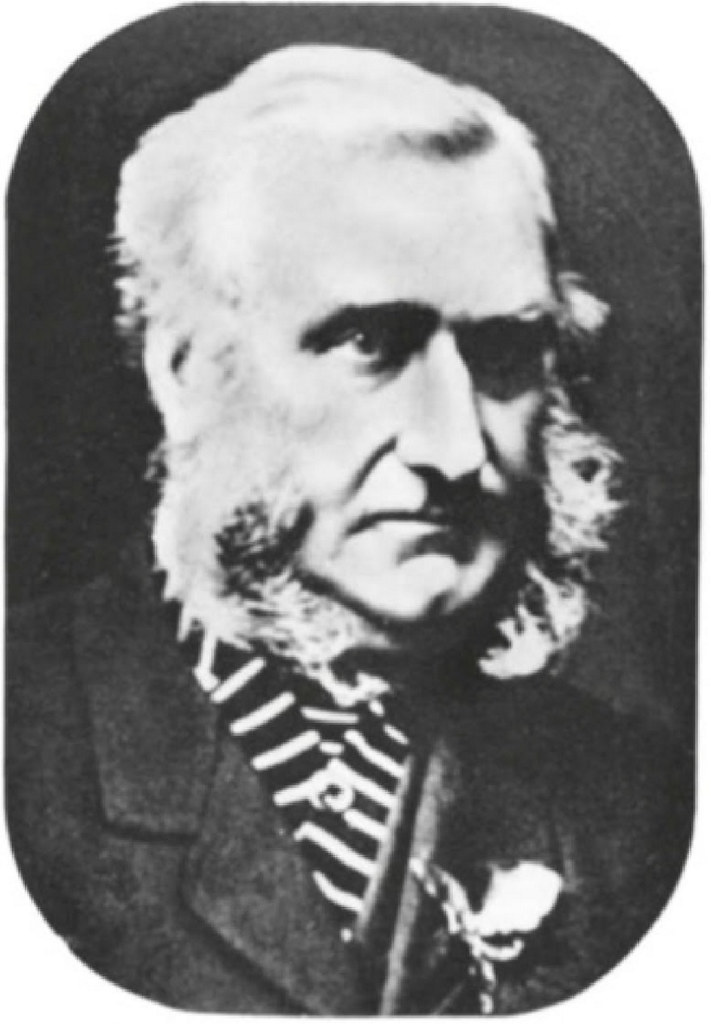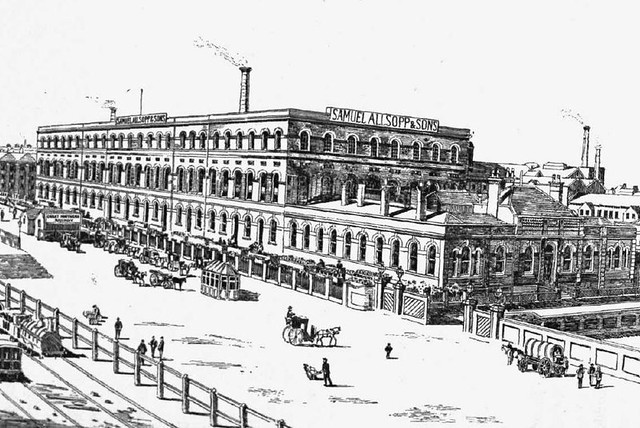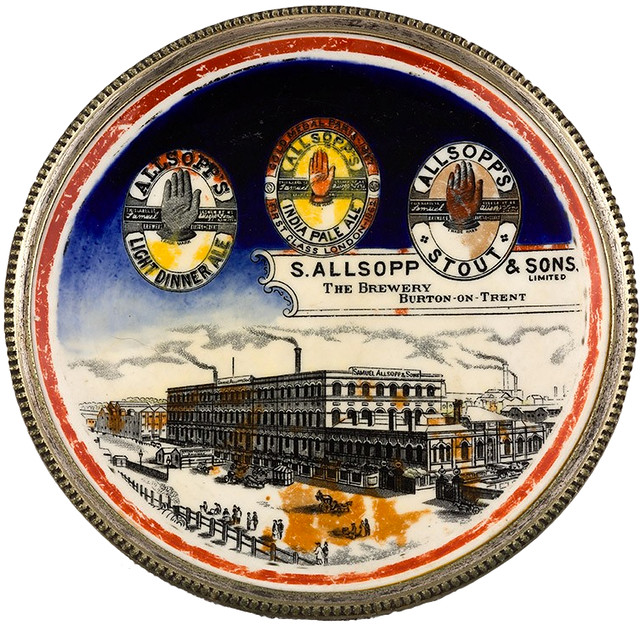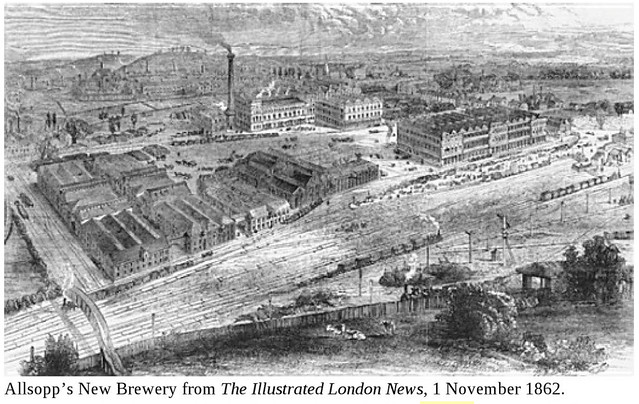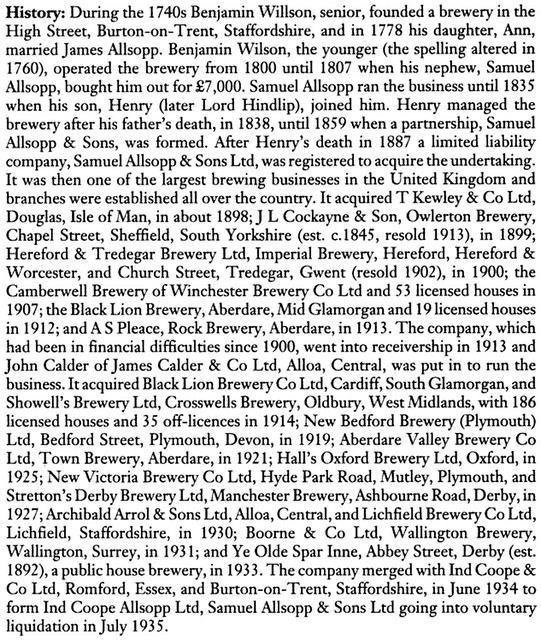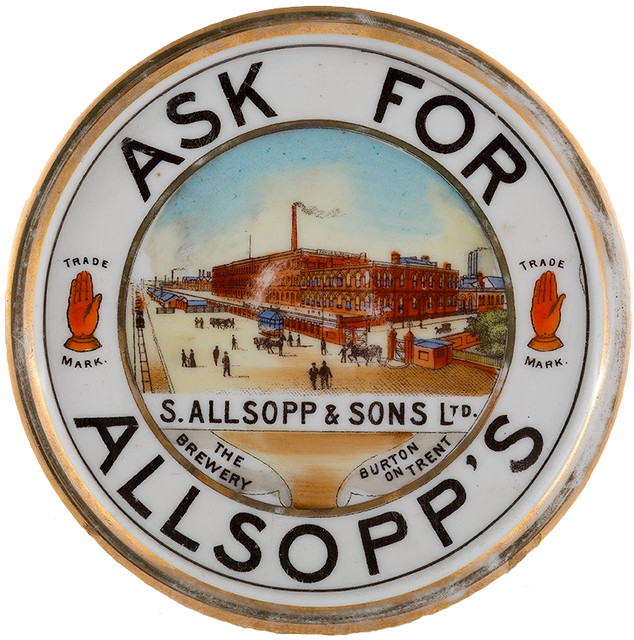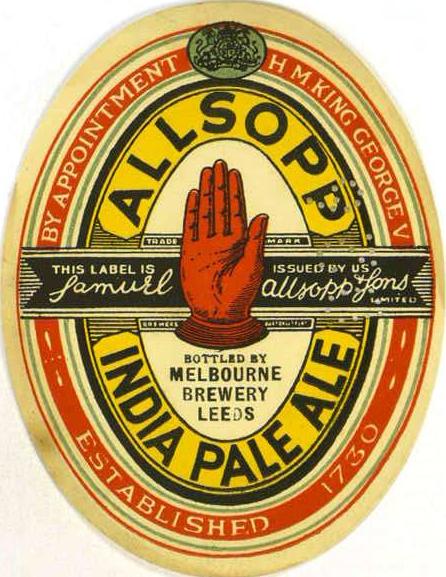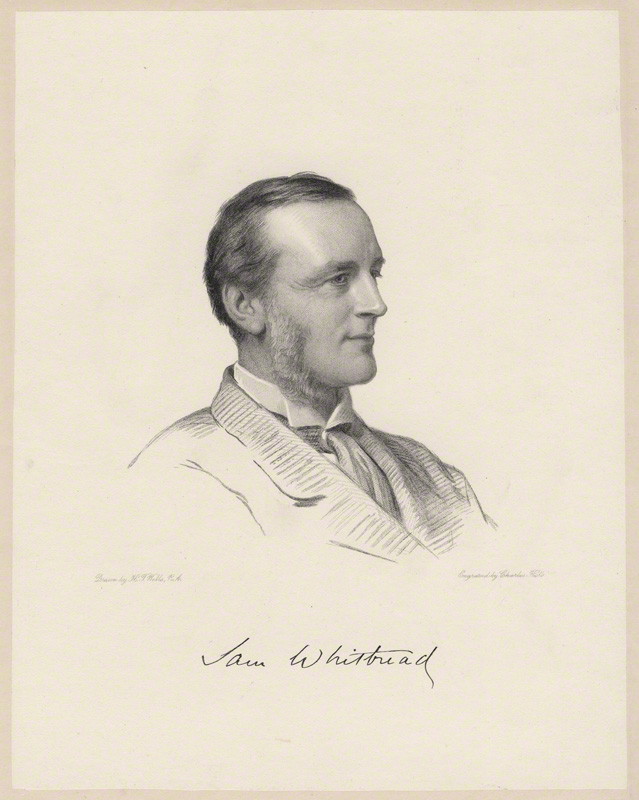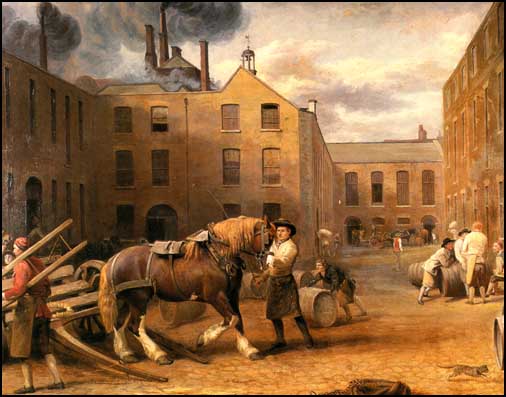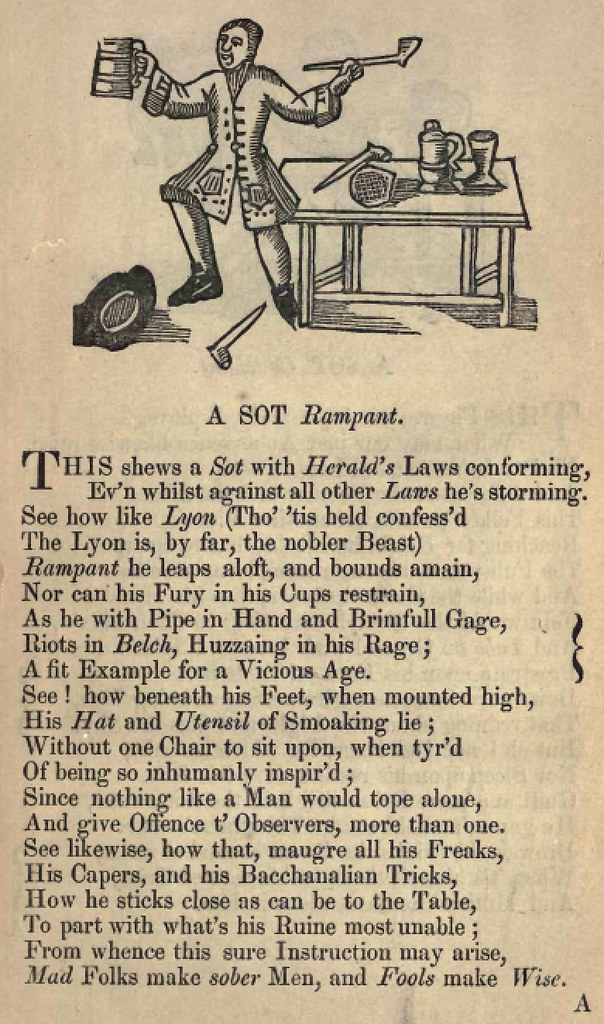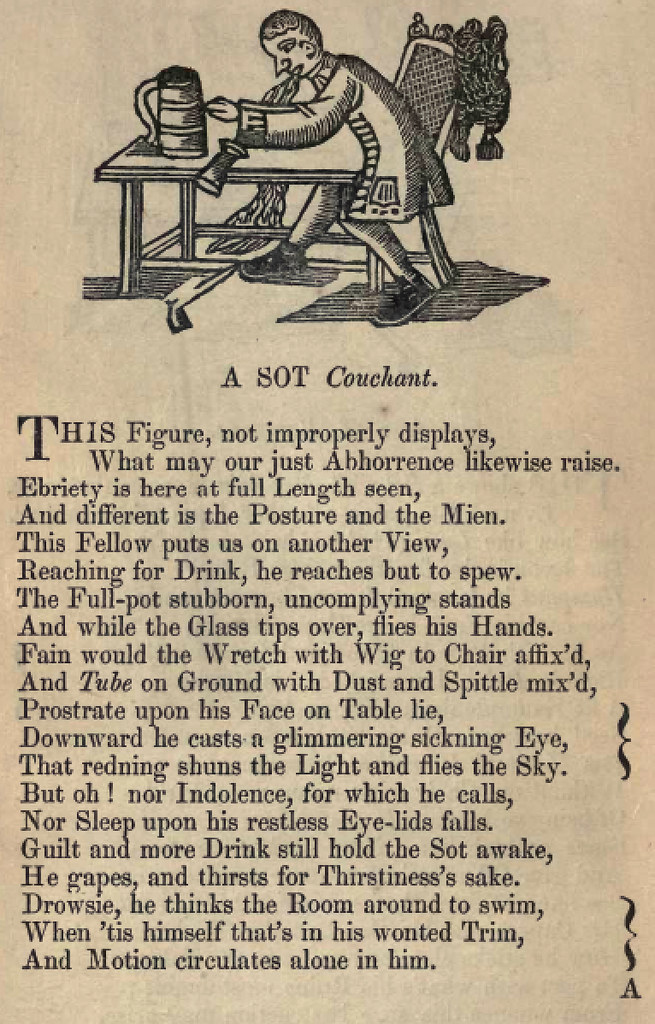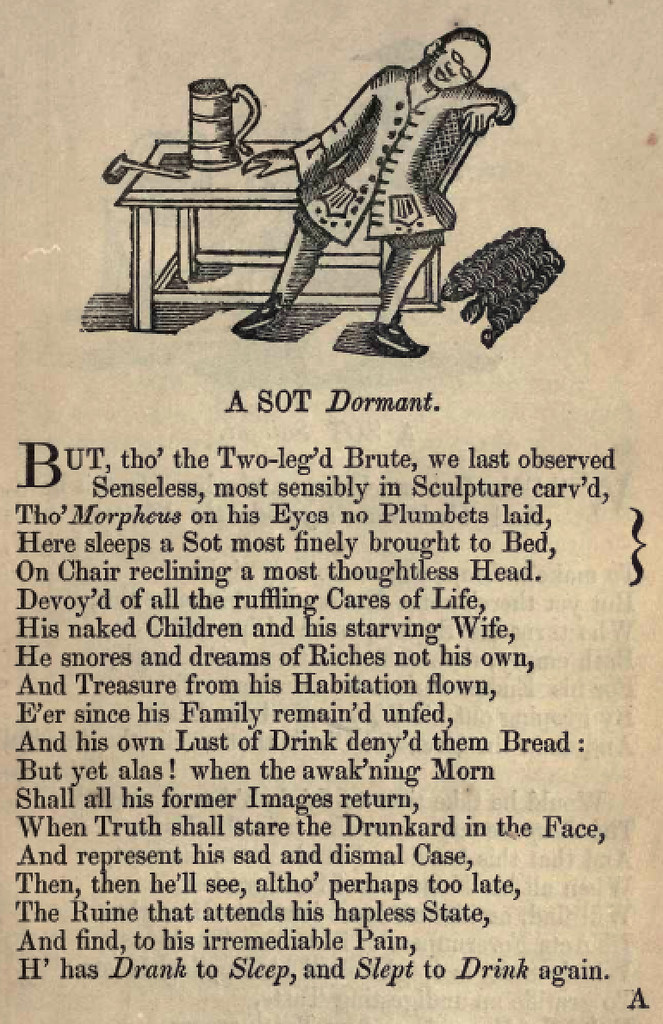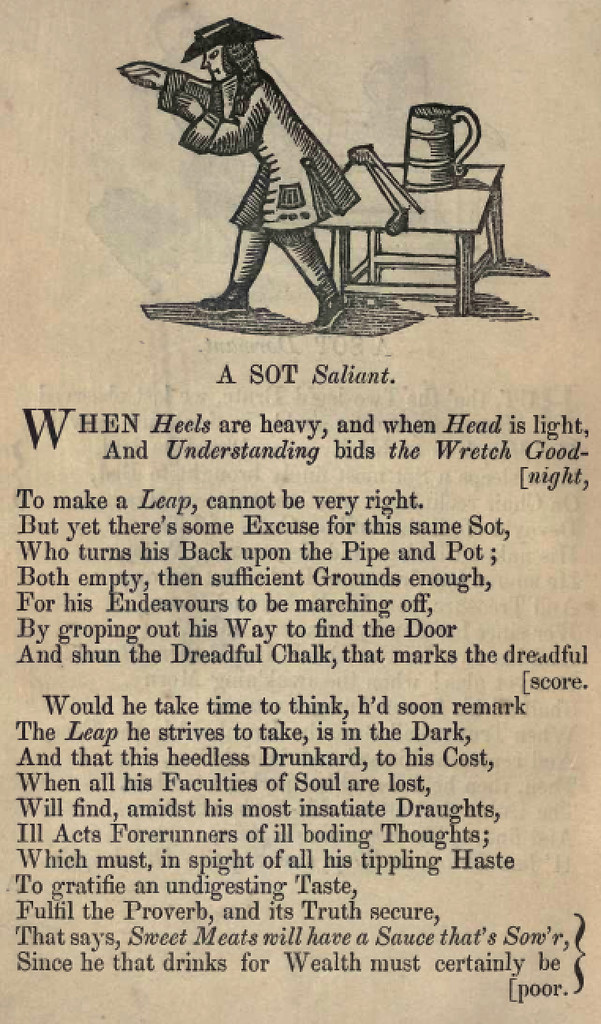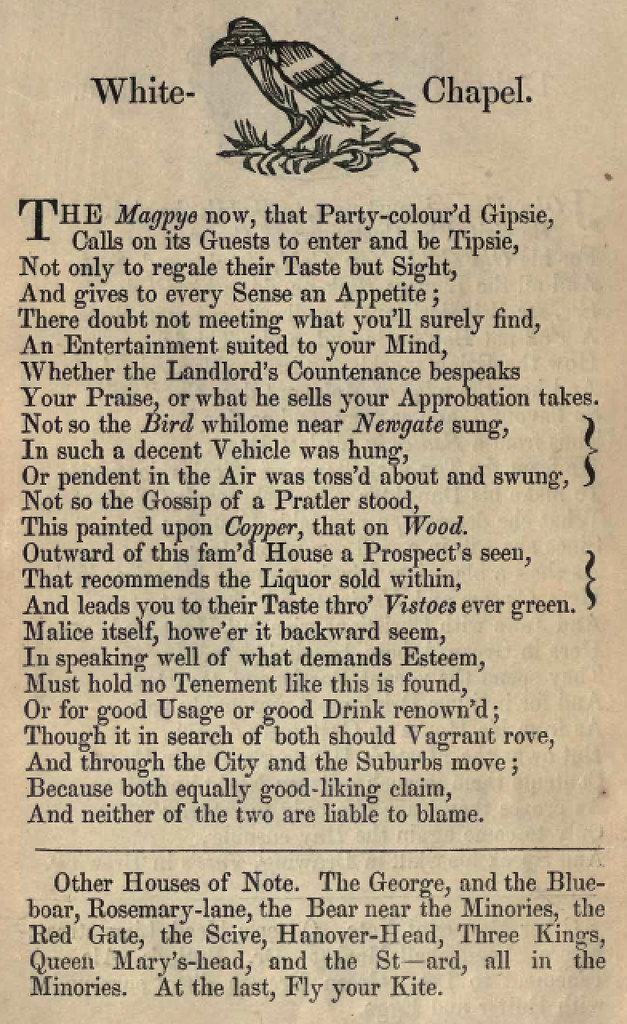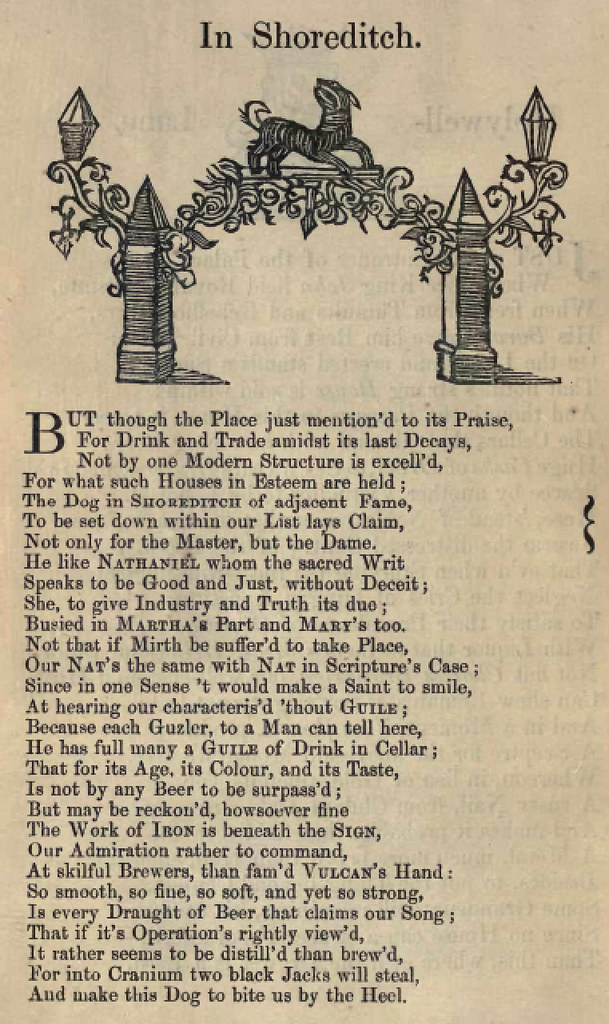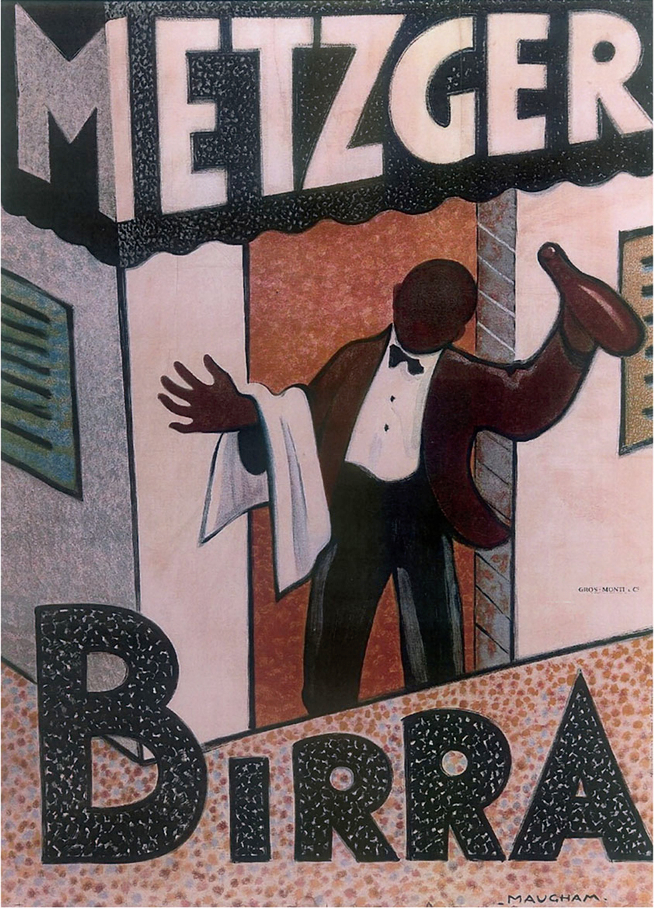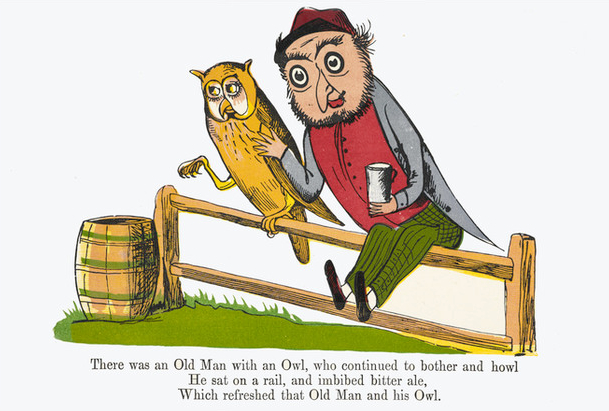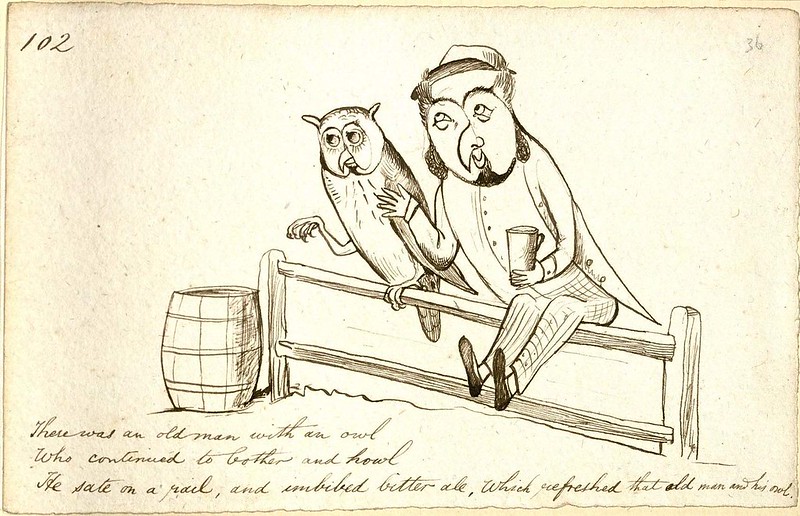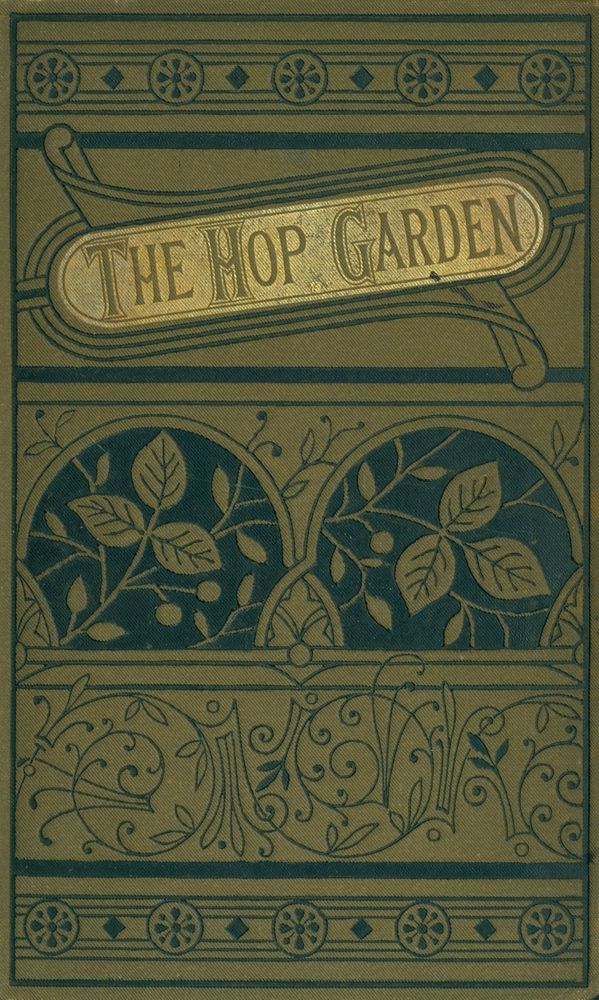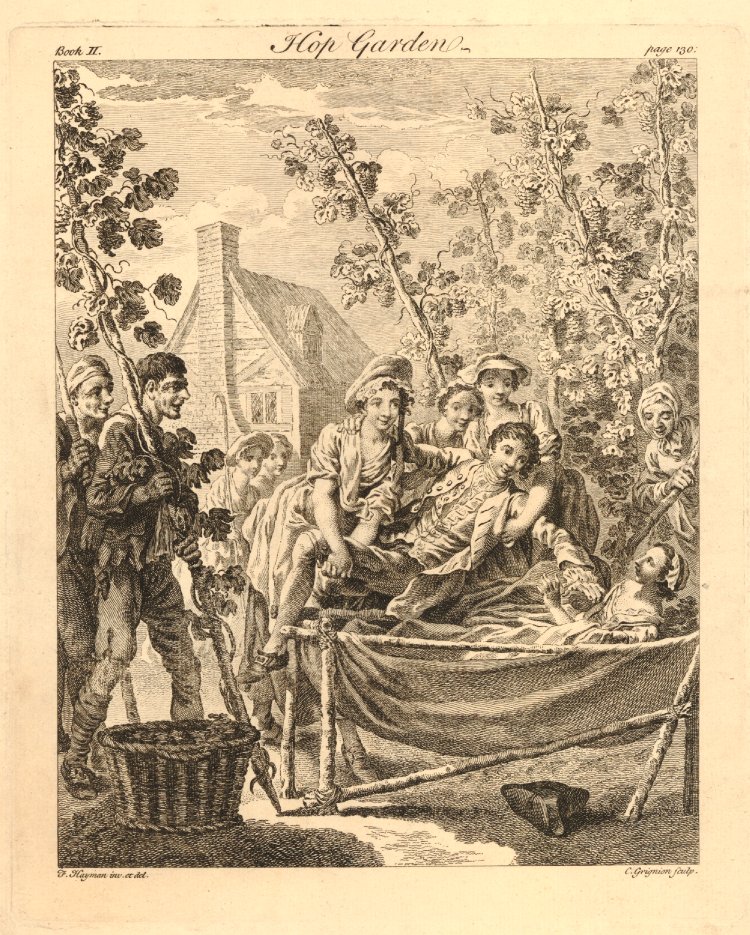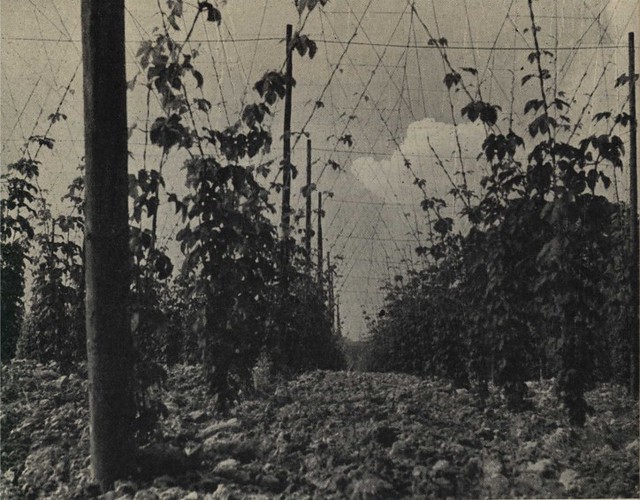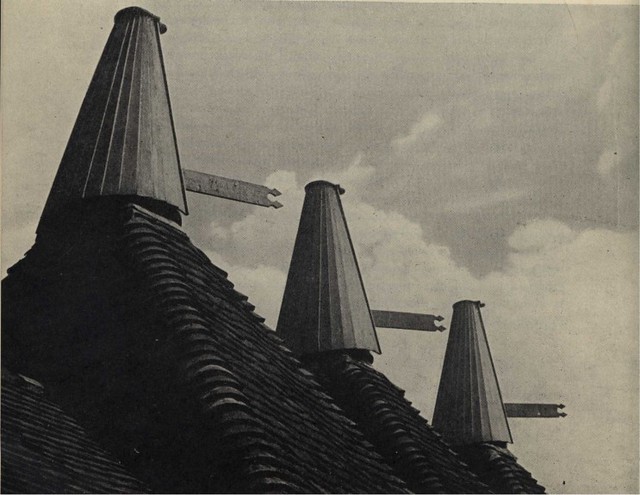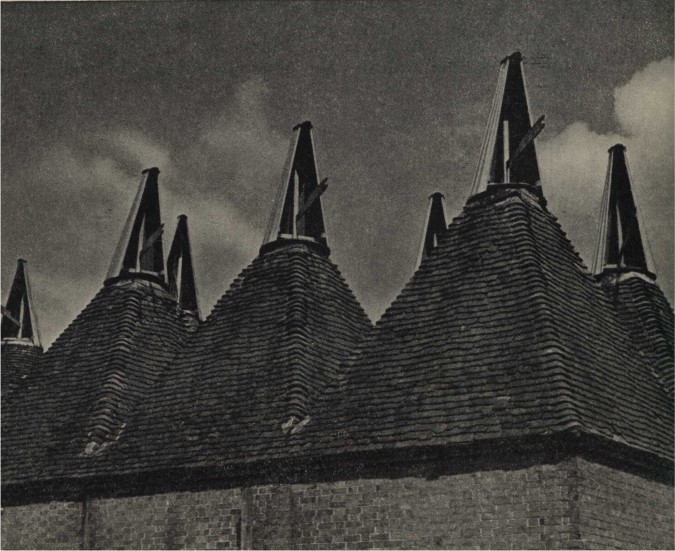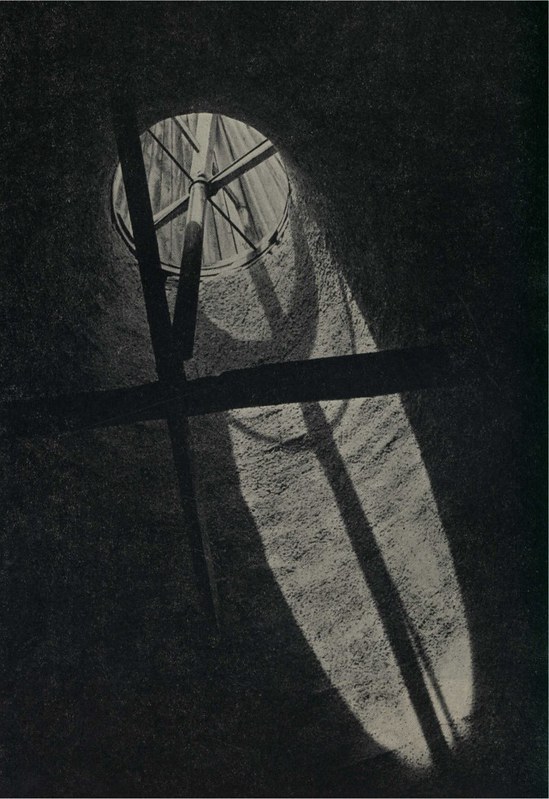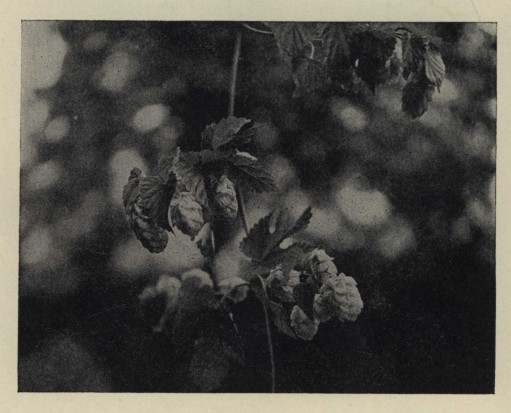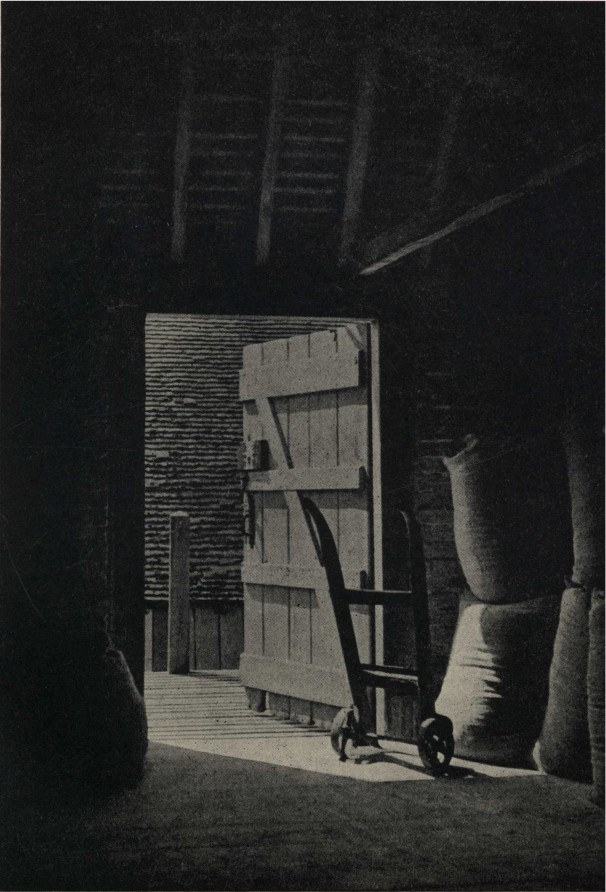![]()
Today is the birthday of Samuel Charles Whitbread (February 22, 1937- ), an heir to the Whitbread Brewery, who was president of the brewery and Whitbread’s other businesses from 1972 to 2001, when he retired. There’s some basic biographical information from the Peerage:
Sir Samuel Charles Whitbread was born on 22 February 1937. He is the son of Major Simon Whitbread and Helen Beatrice Margaret Hepburn-Stuart-Forbes-Trefusis.3 He married Jane Mary Hayter, daughter of Charles William John Hugh Hayter, on 31 August 1961.
He was educated at Eton College, Windsor, Berkshire, England. He was educated at Trinity College, Cambridge University, Cambridge, Cambridgeshire, England. He held the office of Justice of the Peace (J.P.) for Bedfordshire in 1969. He was a director of Whitbread plc between 1972 and 2001. He held the office of High Sheriff of Bedfordshire between 1973 and 1974. He was invested as a Knight, Most Venerable Order of the Hospital of St. John of Jerusalem (K.St.J.). He was invested as a Fellow, Linnean Society (F.L.S.). He was invested as a Fellow, Royal Society of Arts (F.R.S.A.). He was chairman of Whitbread & Company between 1984 and 1992. He held the office of Lord-Lieutenant of Bedfordshire in 1991. He lived in 2003 at Biggleswade, Bedfordshire, England. He was invested as a Dame Commander, Royal Victorian Order (D.C.V.O.) in 2010.

This is his entry from the International Who’s Who for 2004.




